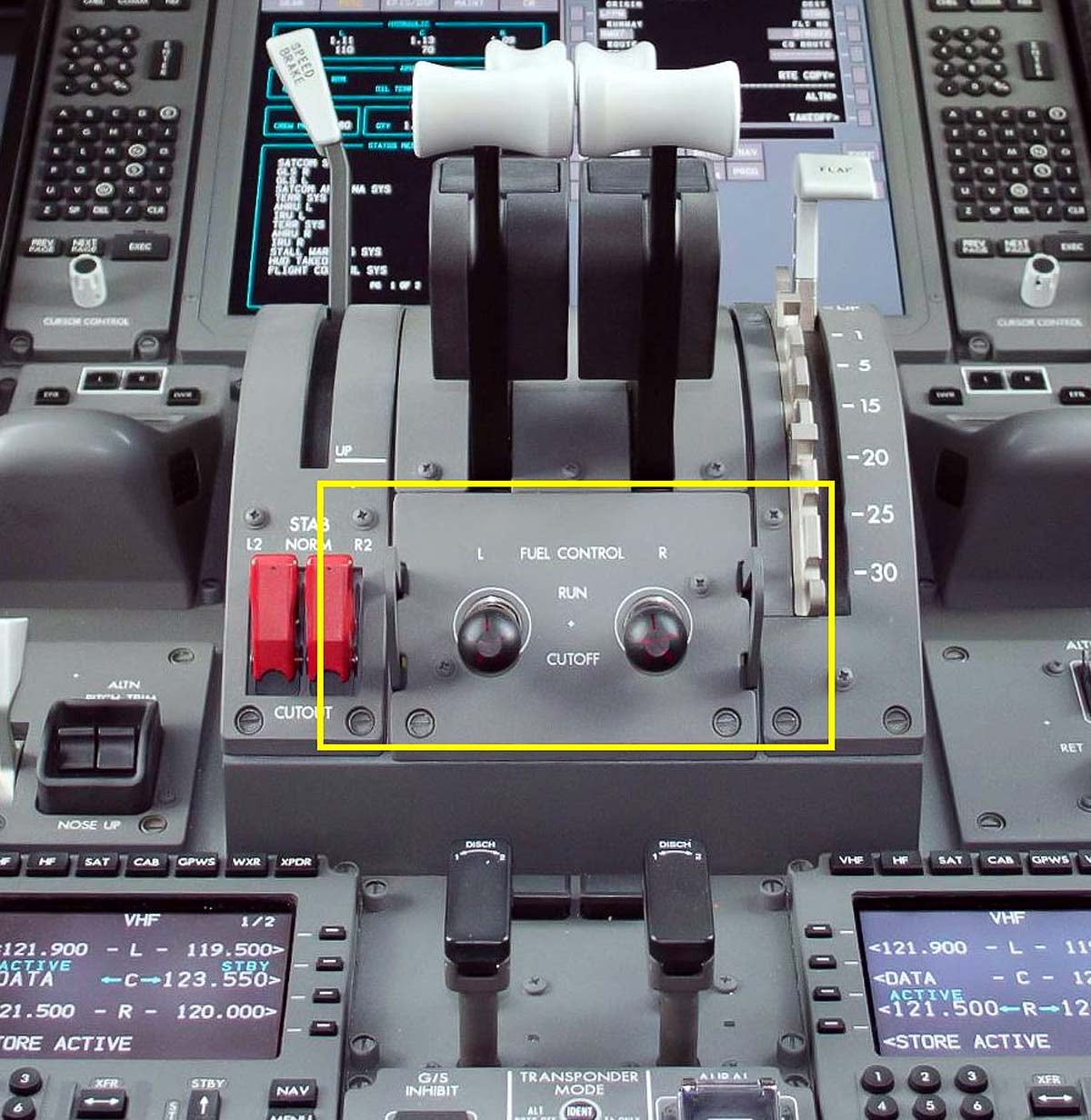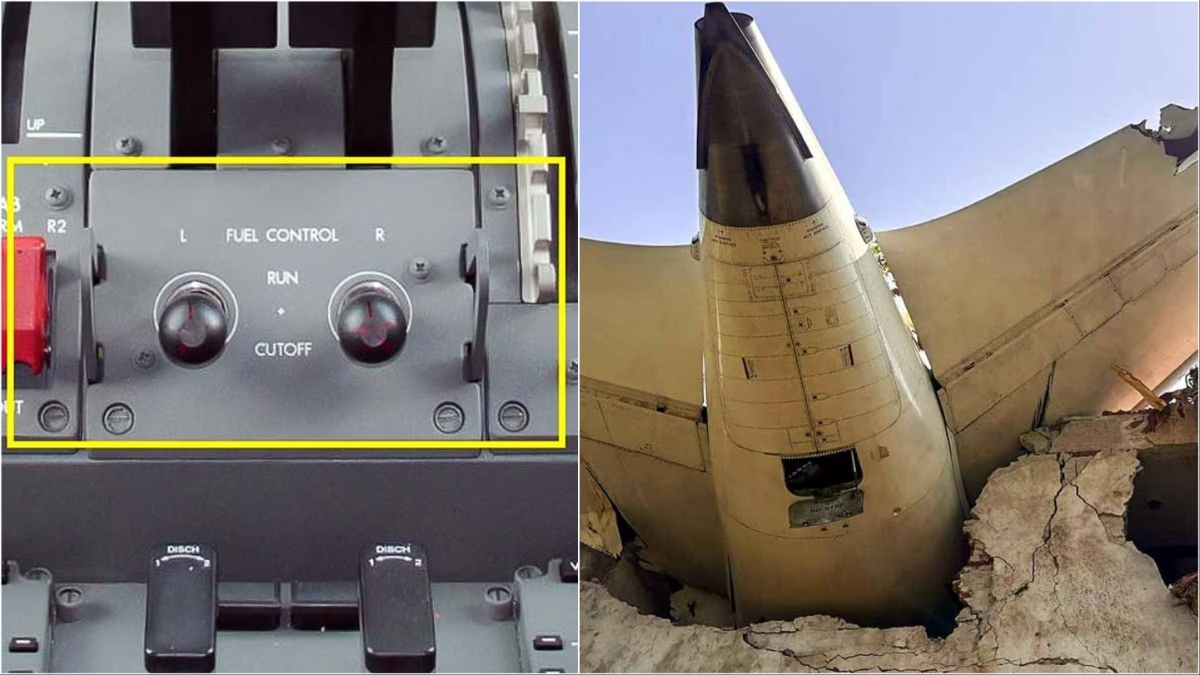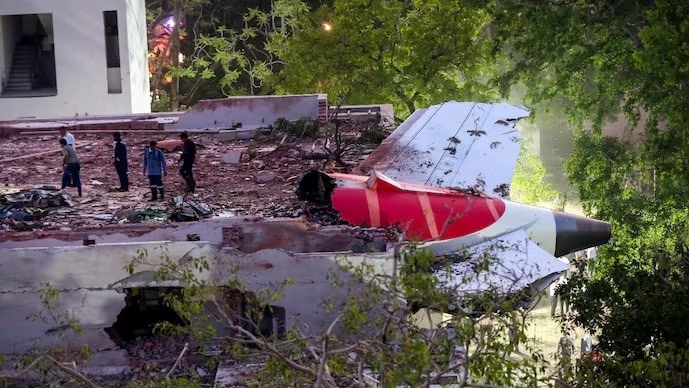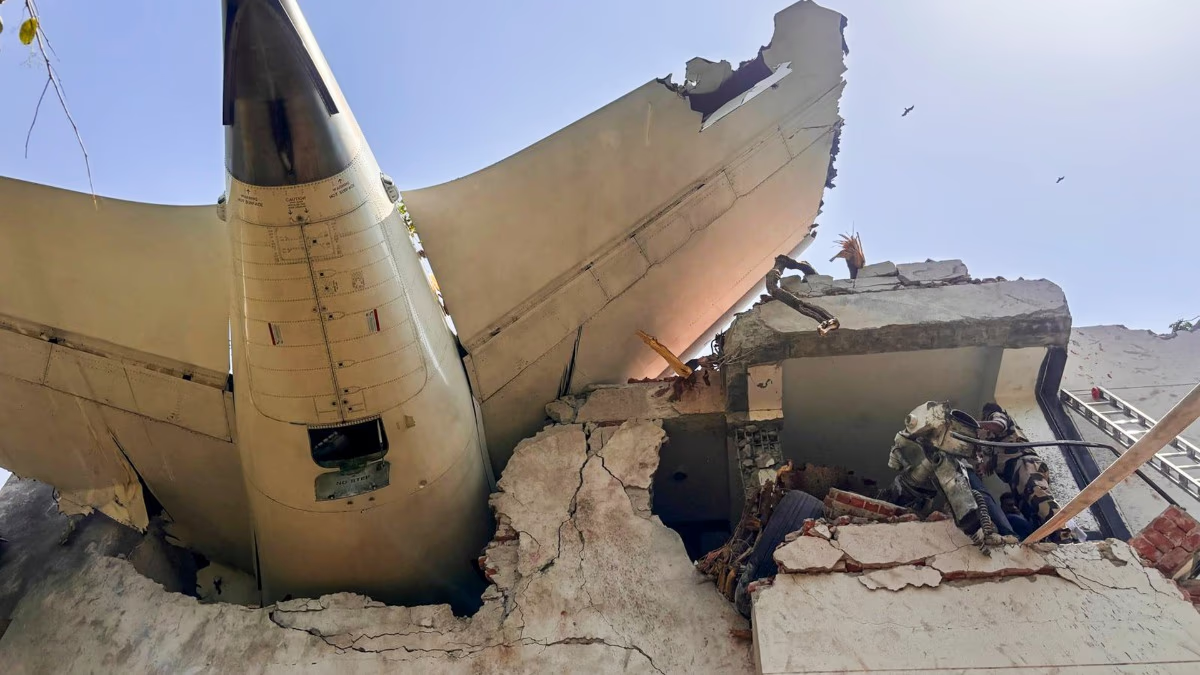The tragic crash of Air India flight AI 171 has brought into question the role of the fuel control switch as a potential culprit. Initial investigation highlights a critical issue flagged by the Federal Aviation Administration (FAA) in 2018 for Boeing 737 jets.
In December 2018, a Special Airworthiness Information Bulletin (SAIB) warned about some Boeing 737 planes lacking a fuel control switch locking feature. While it was advisory, it wasn't considered an unsafe condition.
Read more:
The Role of Fuel Switches

Source: aajtak
These switches are critical, as they regulate fuel flow to the aircraft engines. Pilots use them to start or stop engines while on the ground, or to manage engine failures mid-air, making them essential for flight safety.
In the unfortunate incident at Ahmedabad, reports indicate that the aircraft's fuel control switches shifted from "RUN" to "CUTOFF" position within three seconds after lift-off. The cause remains unclear—whether it was accidental or deliberate.
Explore the discussion:
Expert Opinions

Source: aajtak
Former Joint Secretary of the Civil Aviation Ministry, Sant Kaul suggests that pilots, being highly experienced, aren't to blame. Kaul told India Today that pilots with their level of expertise shouldn't be blamed. Instead, potential systemic errors provided by Boeing that led to fuel tank shutdowns need comprehensive investigation.
Pilots and Systems
The pilots involved were seasoned professionals, with Commanding Pilot Sumeet Sabharwal boasting 15,638 hours of flight experience. Co-pilot Clive Kunder also had significant experience with 3,403 hours. Experts argue the issue lies within Boeing's systems capable of switching off fuel tanks.
Former AAIB officer, Captain Kishor Chinta, questioned whether the switches could be triggered by a problem in the aircraft's electronic control unit, posing a significant concern if true.
Tragedy Strikes
Bound for London, Air India's flight crashed shortly after taking off from Ahmedabad on June 12 into a medical college hostel, sparing only one of the 242 aboard. Tragically, 19 lives were lost on the ground.
The incident underscores the critical attention to detail required in aviation safety. Ignoring FAA's advisory proved costly for Air India. An exhaustive investigation and subsequent safety measures are imperative to prevent future tragedies.




